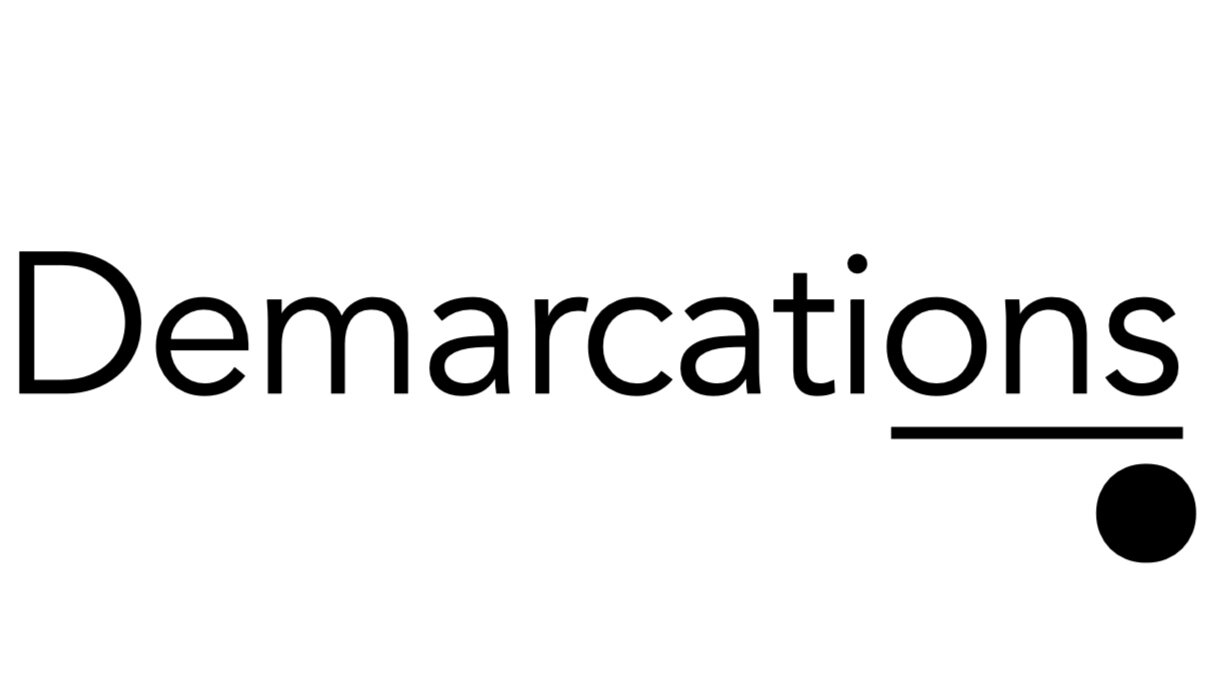Despite these time commitments, children aren't learning more. Educators must increasingly prepare children for standardized tests in order to comply with state and federal mandates, lest they incur penalties and further budget cuts. Teachers spend less time teaching critical thinking skills, problem solving, and instilling a love of learning. Those passionate about teaching lose interest and burn out. Students cram material for the tests, then purge it from memory.
As a result, kids are a mess. They're stress out and sleep-deprived. Boys get frustrated, begin to dislike school and learning, and alarming numbers drop out. Girls get depressed, and some develop eating disorders and resort to suicide.
And to what end? While U.S. elementary students perform slightly better on tests than those in other countries, this advantage disappears by high school. Tellingly, even the most academically selective universities - think Harvard, Yale, Stanford -- must remediate half their incoming students. That is, fifty percent of entering freshman at our best colleges lack basic reading, writing, and math skills.
How does this affect the legal profession?
Lawyer Sara Bennett, featured in the film, is co-author of The Case Against Homework: How Homework is Hurting Our Children and What We Can Do About It. She left the legal profession partly out of frustration that incoming members of the bar couldn't do the work without extraordinary levels of handholding. She argues we are creating generations of adults lacking critical thinking skills and the ability to work independently. Today's adults are still "studying for the test."
Bennett invites us to consider what might have happened to a kid like David Boies today and references this excerpt from his biography.
And then there's this depressing vinette from Ralph Losey.
If our educational system is as infirm as reported, what type of lawyers will lead in twenty years? Will we be equipped to deal with the future's increasingly complex problems.
I've written about the importance of nuturing creativity in young people so that we can solve humanity's emerging problems. We don't seem to be on track.
Our professional institutions also reinforce the problems in our educational system. Law school admissions still fixate on standardized test scores -- despite being a poor measure of lawyerly ability -- draining the pool of legal talent. Associates are "over-scheduled" with billable hour requirements. The work frequently lacks the depth and intellectual content that promotes growth and satisfaction. Attrition rates were high (at least until the recent economic downturn).
What's the lesson here? Recognize that test scores are not the full measure of a person. Acknowledge the human limits on how long we can work, especially when humans are still growing and developing. Provide nourishment and allow time for rejuvenation. Understand that physical and mental health are prerequisites to academic and professional excellence.
And lawyers, and indeed all professionals, should remember their fundamental responsibility: to resolve society's most difficult problems though -- yes, hard work -- but also though creativity, compassion, and other unquantifiable traits that make us human.
